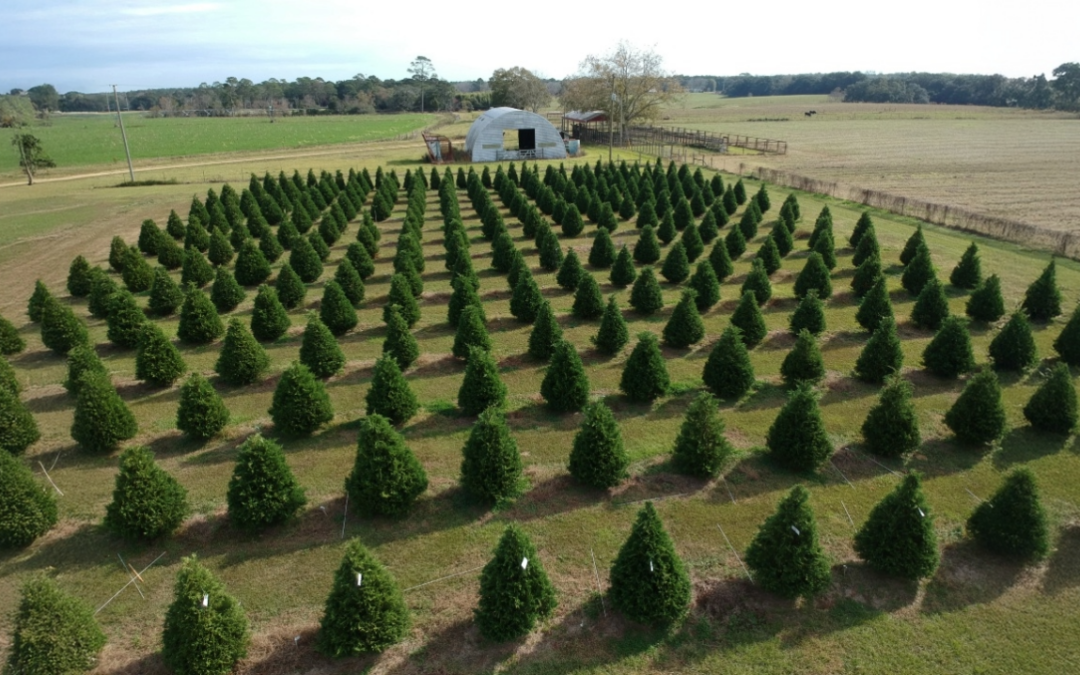

Majors & Minors
Visit Ag Hill
Apply Now
This is the work that makes the world work.
As agricultural scientists, our focus is on the food, fuel, water and natural resources that keep our world moving. We are working to make food safer, the environment cleaner and communities healthier. We are working to stamp out poverty while making farms more efficient and sustainable. As one of the founding colleges of Auburn University, we tackle these goals through innovative research, academic rigor and outreach programs spanning around the world.
Latest News

2026 Spring Leadership Luncheon to feature Southern Baked Pie Company founders
Auburn College of Agriculture to host annual luncheon on Thursday,...

Olivia Hudson named College of Agriculture fall 2025 student marshal
A candidate for a Bachelor of Science in agricultural business and...

Madison Renfroe receives fall 2025 Dean’s Award
A first-generation Auburn University College of Agriculture student...
Eve Brantley named director of the Alabama Cooperative Extension System
Auburn University has named Eve Brantley as the 1862 Extension director for the Alabama Cooperative Extension System, effective Jan. 1, 2026, Auburn President Christopher B. Roberts announced today. The appointment follows years of Brantley's leadership within Alabama...
Ally Jackson working toward third poultry science degree from Auburn
By Machaira Christopher When Ally Jackson first came to Auburn, she felt at home — so much so that she stayed for three degrees. Having completed her bachelor’s and master’s degrees in poultry science on the Plains, Jackson is currently working toward a doctorate in...
Animal Sciences partners with global leader in animal health intelligence
Partnership with CERES TAG to enhance data collection The Department of Animal Sciences in the Auburn University College of Agriculture recently announced a partnership with CERES TAG, a leading global animal health intelligence platform to improve livestock...
Veterinarian-turned poultry researcher improving animal health in supply chain
By Machaira Christopher When Dr. Rana Waqar Tabish came to Auburn to begin working toward his PhD, he already had one doctorate under his belt. After treating poultry for diseases as a Doctor of Veterinary Medicine (DVM) back home in Pakistan, Tabish decided to pursue...
Read more in the Newsroom.

